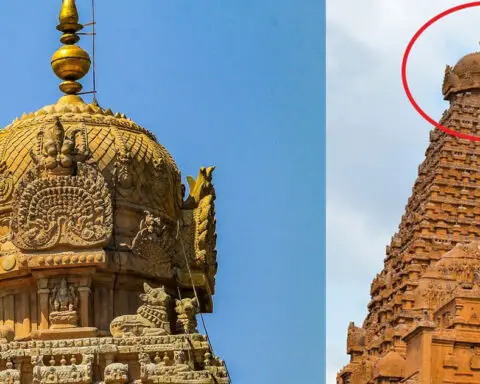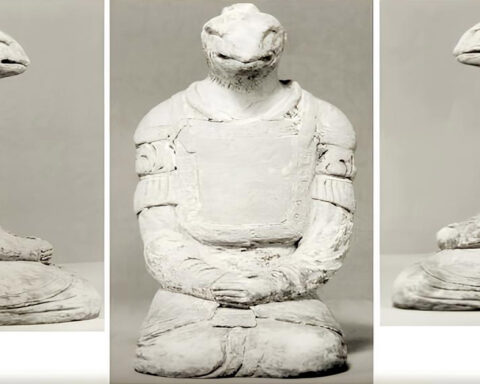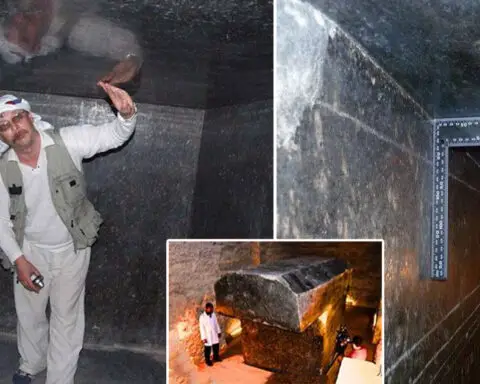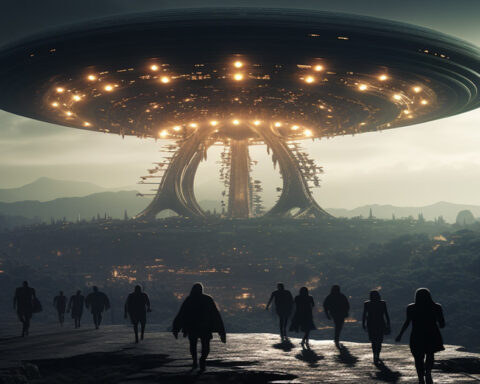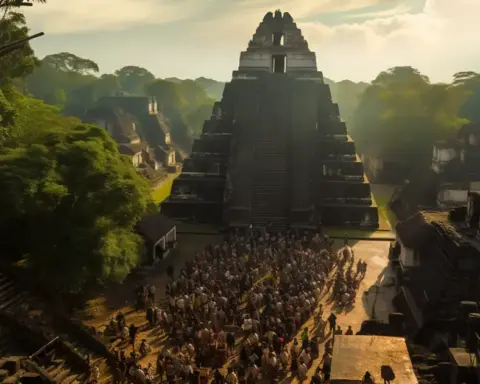In the realm of archaeological wonders, few discoveries have stirred as much intrigue and controversy as the purported unearthing of the tomb of the ancient king Gilgamesh in Iraq. Wrapped in layers of myth and legend, the saga surrounding this fabled ruler has captivated minds for centuries, blurring the lines between history and mythology. Yet, recent revelations hint at a truth shrouded in secrecy, hinting at a reality beyond mere legend.
A Mythical King, A Real Tomb
At the heart of the mystery lies the figure of Gilgamesh, the legendary king of Uruk, whose exploits were immortalized in the epic bearing his name. For years, scholars debated the existence of this larger-than-life monarch, questioning whether he was merely a product of myth or a flesh-and-blood ruler. However, the discovery made by archaeologist York Fassbinder of the Bavarian Department of Historical Monuments in Munich seemed to blur these lines further.
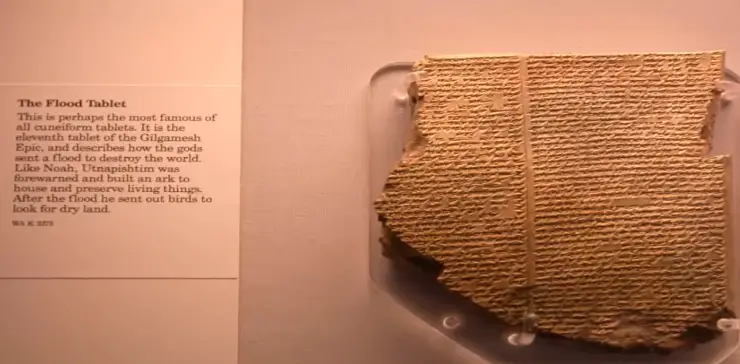
A Revelation Amidst Conflict
In the tumultuous backdrop of Iraq in 2003, just before the invasion that toppled Hussein, whispers of astonishing discoveries echoed through the archaeological community. Fassbinder’s revelation of a structure resembling the tomb described in the epic of Gilgamesh ignited a frenzy of speculation. The site, situated near the former Euphrates River, bore uncanny resemblances to the legendary burial place of the ancient king.
The Veil of Secrecy
However, as quickly as the news spread, it was stifled by the heavy hand of conflict. Reports surfaced of American forces swooping in to seize the find, plunging the discovery into shadowy obscurity. The reasons behind such suppression remain veiled in mystery, leaving tantalizing questions lingering in the minds of scholars and enthusiasts alike.
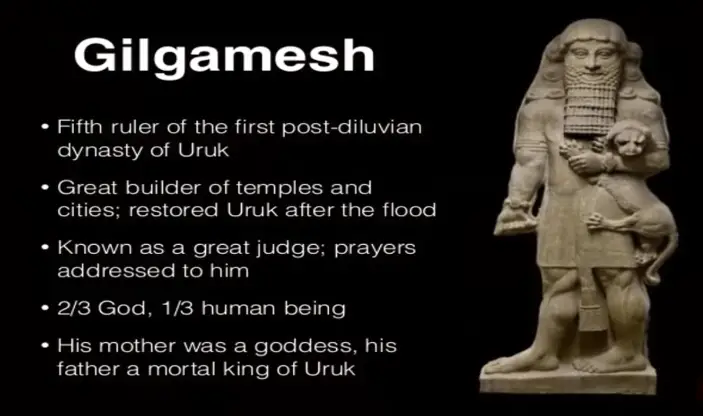
Unraveling the Legend
Central to the enigma of Gilgamesh is the question of his divinity versus his humanity. Revered for his superhuman strength and valor, yet plagued by mortal woes and existential ponderings, Gilgamesh straddles the line between myth and reality. His friendship with the wild man Enkidu, their shared adventures, and Gilgamesh’s subsequent quest for immortality speak to universal themes of friendship, mortality, and the search for meaning.
Echoes of Humanity
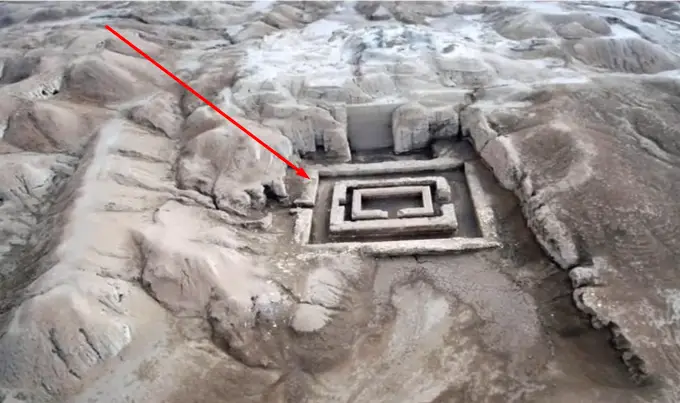
Beyond the realm of myth and legend, Gilgamesh’s story resonates with the human condition itself. His grief at the loss of Enkidu mirrors our struggles with mortality and the quest for transcendence. In Gilgamesh’s journey, we find echoes of our existential dilemmas, grappling with the ephemeral nature of life and the enduring quest for purpose.
The Quest Continues
As whispers of Gilgamesh’s tomb persist, the world waits with bated breath for the truth to emerge from the shadows. Whether the leaked footage holds the key to unlocking this ancient mystery or merely adds fuel to the fire of speculation, one thing remains clear: the allure of Gilgamesh’s legacy endures, beckoning us to delve deeper into the labyrinth of history and myth.

In the murky depths of antiquity, where fact and fiction intertwine, the tale of Gilgamesh stands as a testament to the enduring power of human imagination and the quest for immortality. As we gaze into the abyss of the past, we are reminded that some mysteries are meant to be unraveled, while others remain forever enshrouded in the mists of time.
VIDEO:


